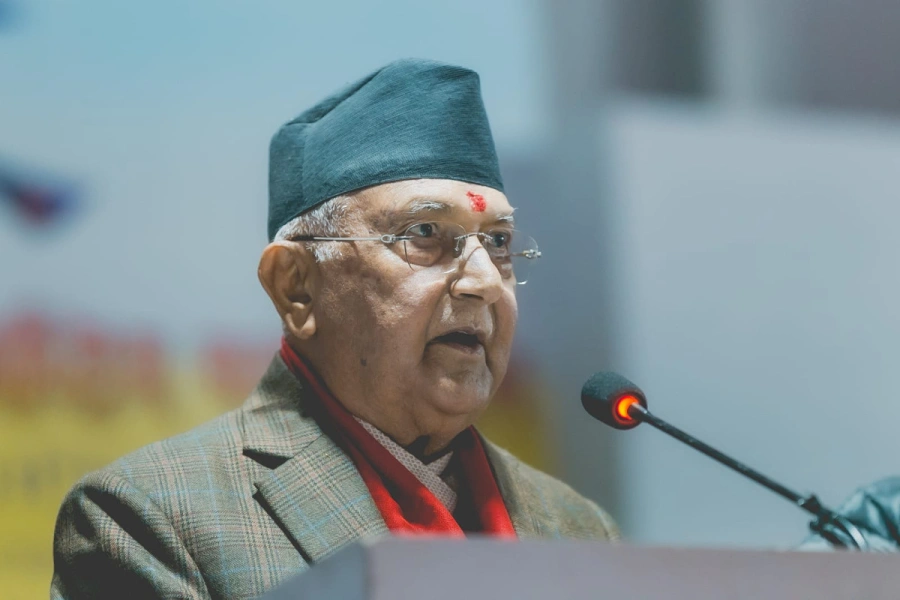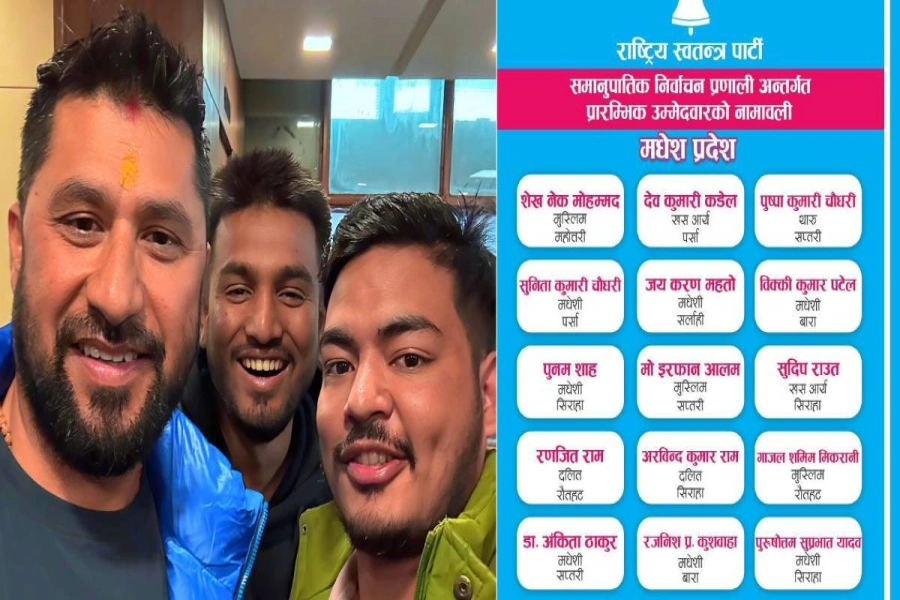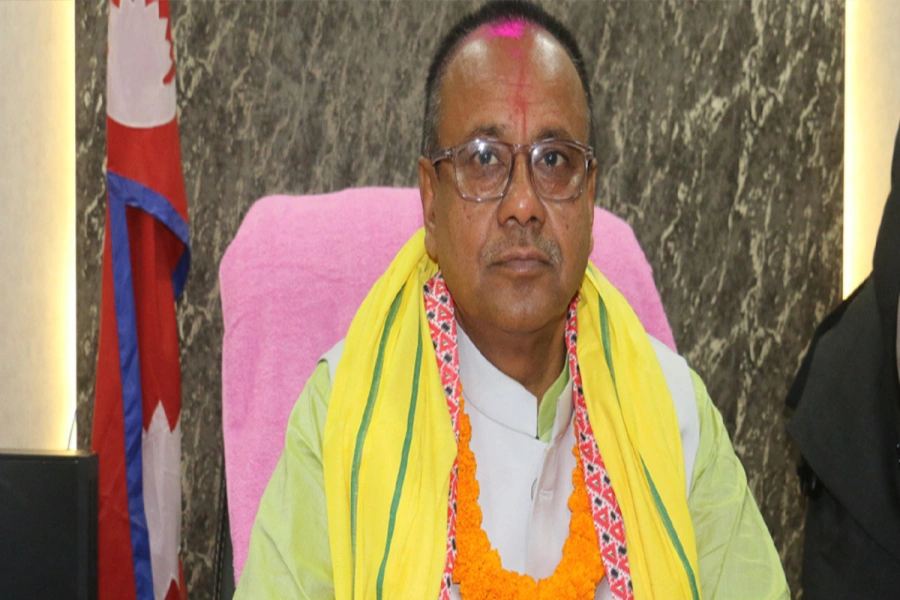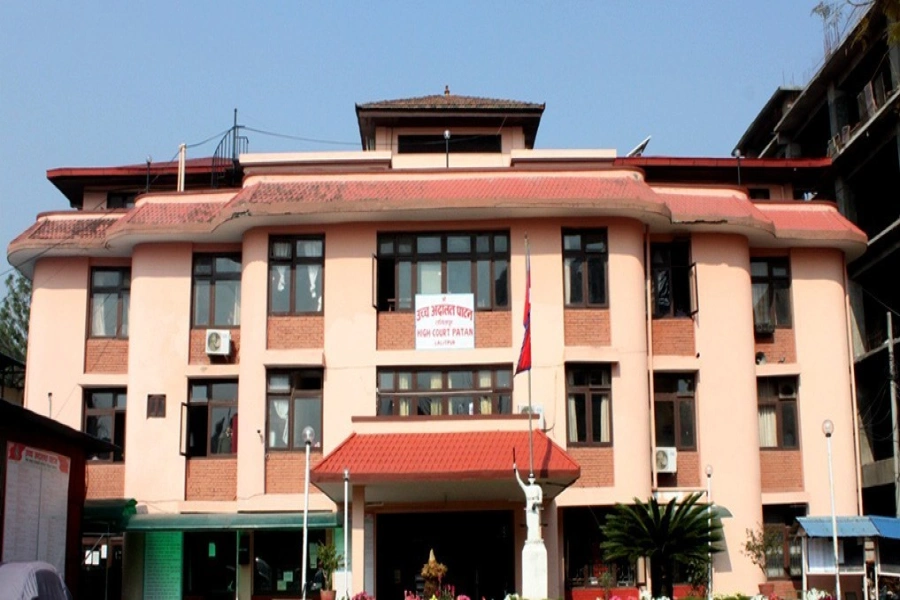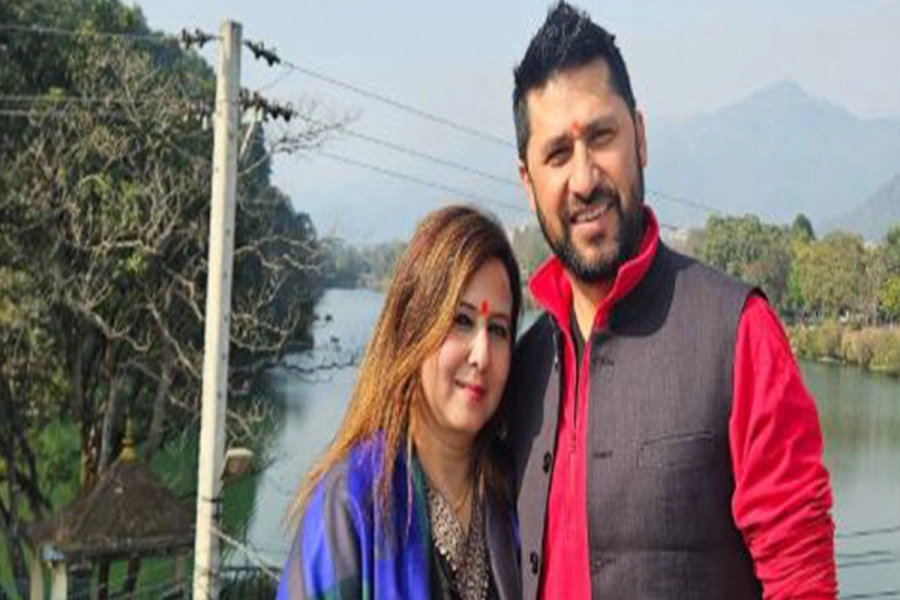KATHMANDU, Jan 1: Though chief justice nominee Cholendra SJB Rana, during the parliamentary hearing on Sunday, vowed to get tough against corruption and irregularities in the judiciary, those working in the judiciary aren't convinced.
Rampant presence of middlemen in the judiciary and their influence in judgement is always discussed as a major challenge in the judiciary and CJ-nominee Rana during the parliamentary hearing promised to set up a mechanism to tackle the problem.
Stating that since the efforts by judiciary itself and Nepal Bar Association to end such irregularities have failed to bring any positive change, experts said they weren't much impressed by Rana's promise.
The then Chief Jusitce Kalyan Shrestha had three years ago formed a three-member committee to study corruption and irregularities taking place in the judiciary. The committee prepared a report but Shrestha could not implement the report. The panel of justices Girish Chandra Lal, Baidhyanath Upadhayay and Govinda Kumar Upadhayay had suggested formulating a plan to bring reforms to the judiciary and Shrestha himself had ordered the then registrar to formulate the plans but there was no progress.
Municipality moves to end 'middlemen practice' in vegetable mar...

"Judges themselves are not even ready for reforms," Hari Bhattarai, secretary of the official trade union of the Supreme Court, told Republica.
Incumbent Chief Justice Om Prakash Mishra had also formed a committee with a mandate to recommend steps to improve the case assignment system, but the committee has not yet submitted its report.
"Judges themselves appear to be against introducing an automated system," Bhattarai added.
A senior advocate who has been practicing in the Supreme Court for a long time also doubted CJ-nominee Rana's ability to end corruption in the judiciary. "It is not easy to remove the middlemen," he said adding, "First of all, it is not easy to identify who the middlemen are and even if they are identified, it is not easy to take action against them because of their nexus with the higher-ups."
Another study conducted by the Supreme Court Bar Association in 2002 had identified 29 types of middlemen in the judiciary. The study claimed that judges, court staffers, relatives of staffers, judges' drivers and peons among others were acting as middlemen and influence court verdicts.
Justice Lal-headed committee had identified that those middlemen were so powerful that they could influence the judges, police and lawyers and government attorneys.
Lal report also said the middlemen would even decide which judge/justice hears a certain case and ensure that the verdict comes in their favor.
Even though most of all former chief judges had, during parliamentary hearings and other occasions, promised to work against corruption and irregularities in the judiciary they often forget such commitments after assuming the top posts. And, legal experts aren't much optimistic that Rana would buck the trend.





